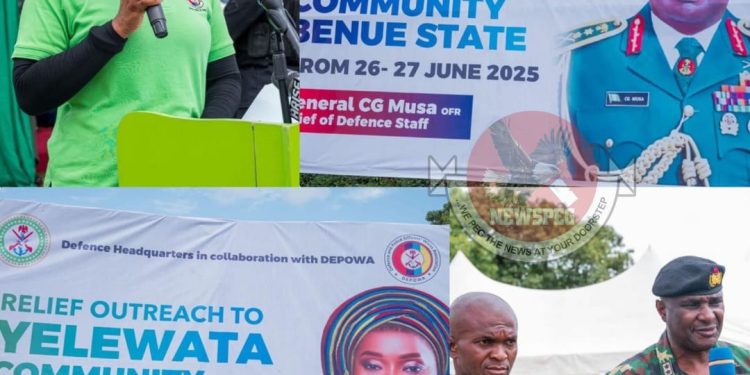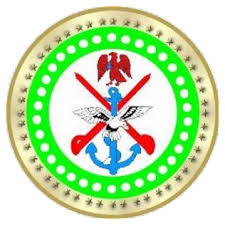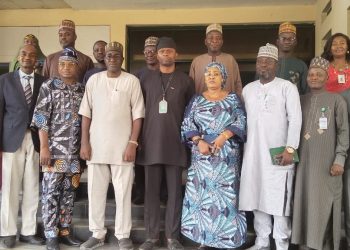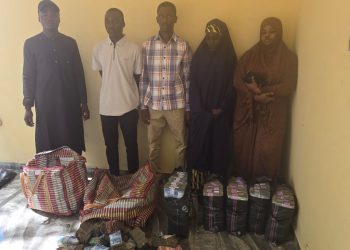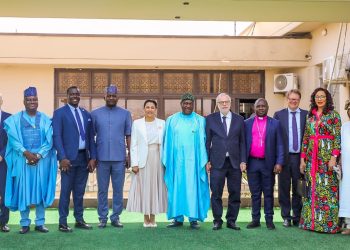By Nkechi Eze
In a powerful demonstration of solidarity, compassion, and support, the Defence Headquarters in collaboration with the Defence and Police Officers’ Wives Association (DEPOWA) on Thursday, June 26, 2025, embarked on a humanitarian outreach to Benue State to provide relief and comfort to victims of the recent attacks in Yelewata Community and other affected areas.
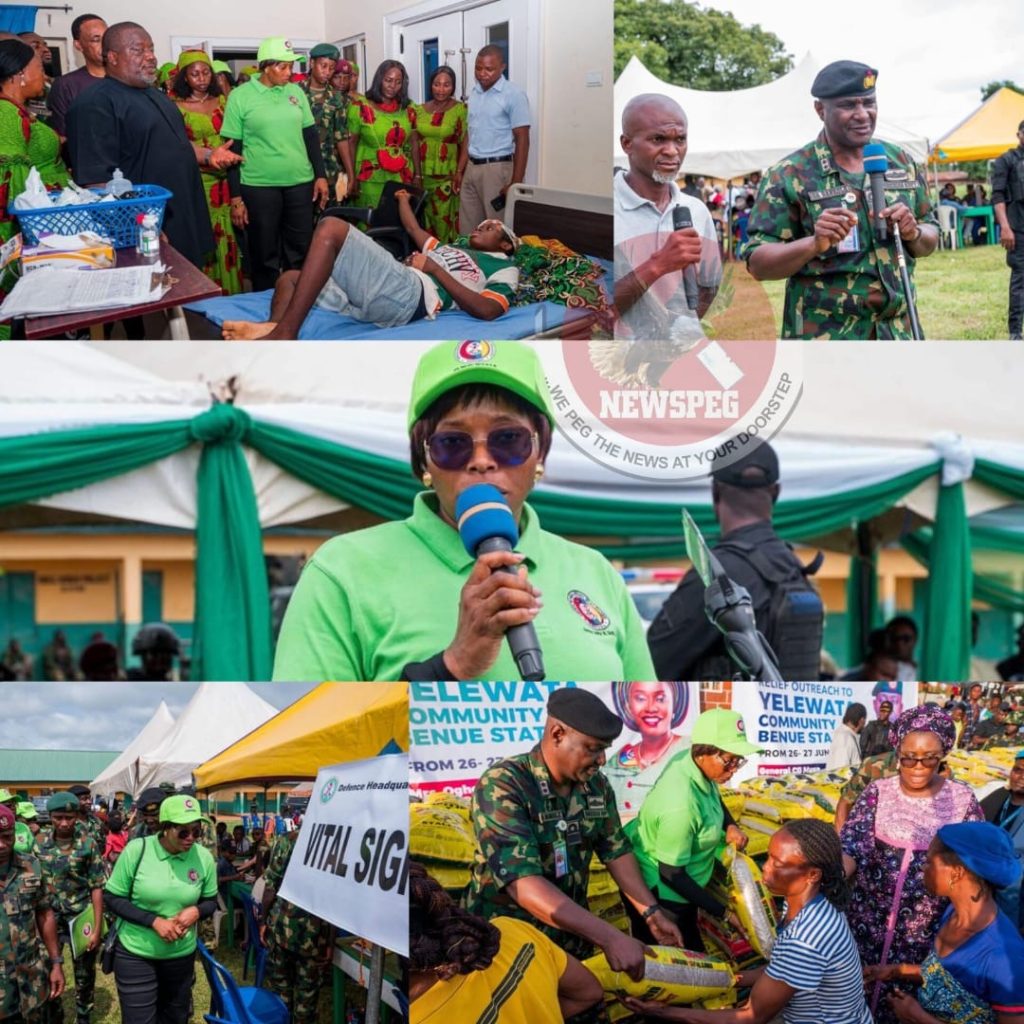
The outreach, spearheaded by the President of DEPOWA, Mrs Oghogho Gwabin Musa, unfolded in three coordinated stages across Yelewata, the Makurdi International Market IDP shelter, and the Benue State University Teaching Hospital, reaching victims who are either displaced or receiving medical care as a result of the violence.
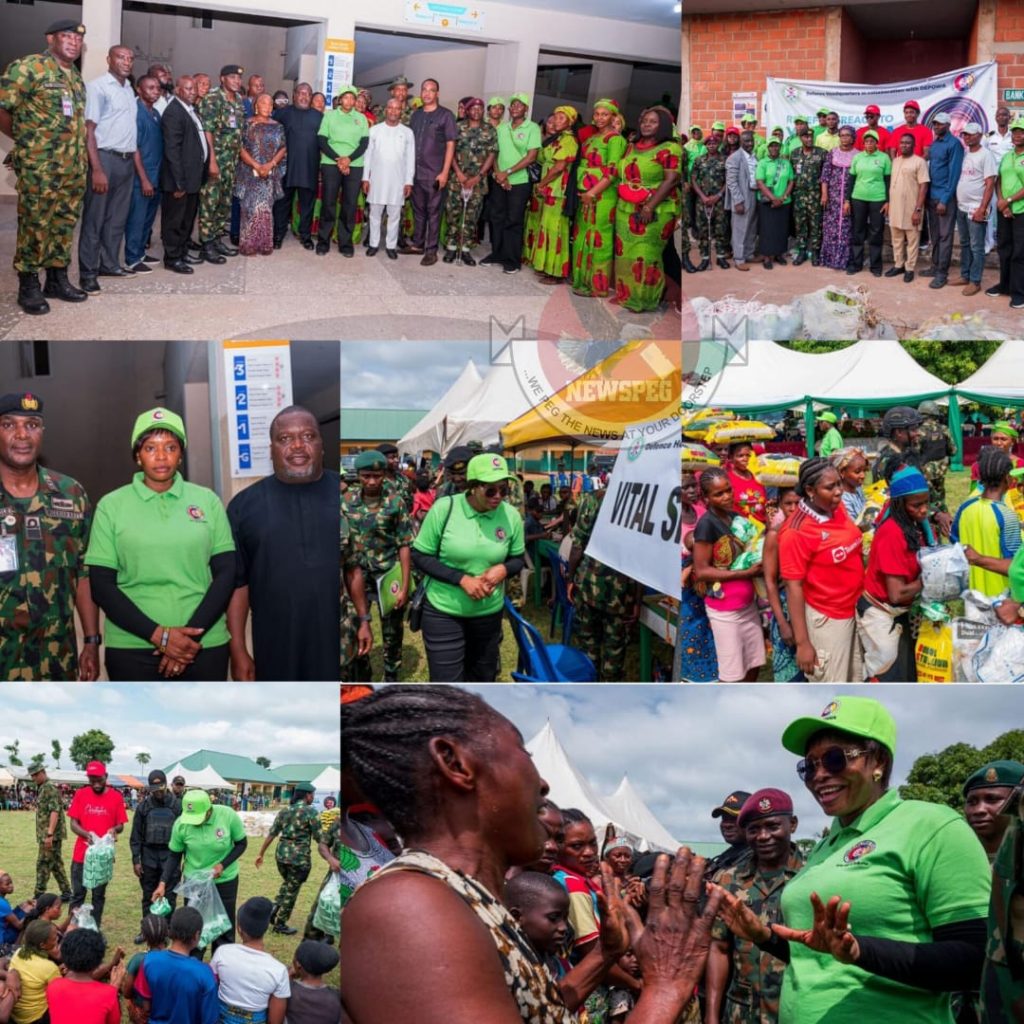
In the heart of Yelewata, a community that has recently suffered untold devastation, Mrs Musa stood before grieving families and survivors with a message of comfort and assurance. “You are not alone in this darkness,” she told them. “We stand with you, and we will walk with you through the journey of healing and recovery.” Her words struck a deep chord with many who have lost loved ones and homes, and for whom daily survival has become an uncertain struggle. She moved through the camp grounds personally interacting with families, listening to their stories, and offering words of consolation.
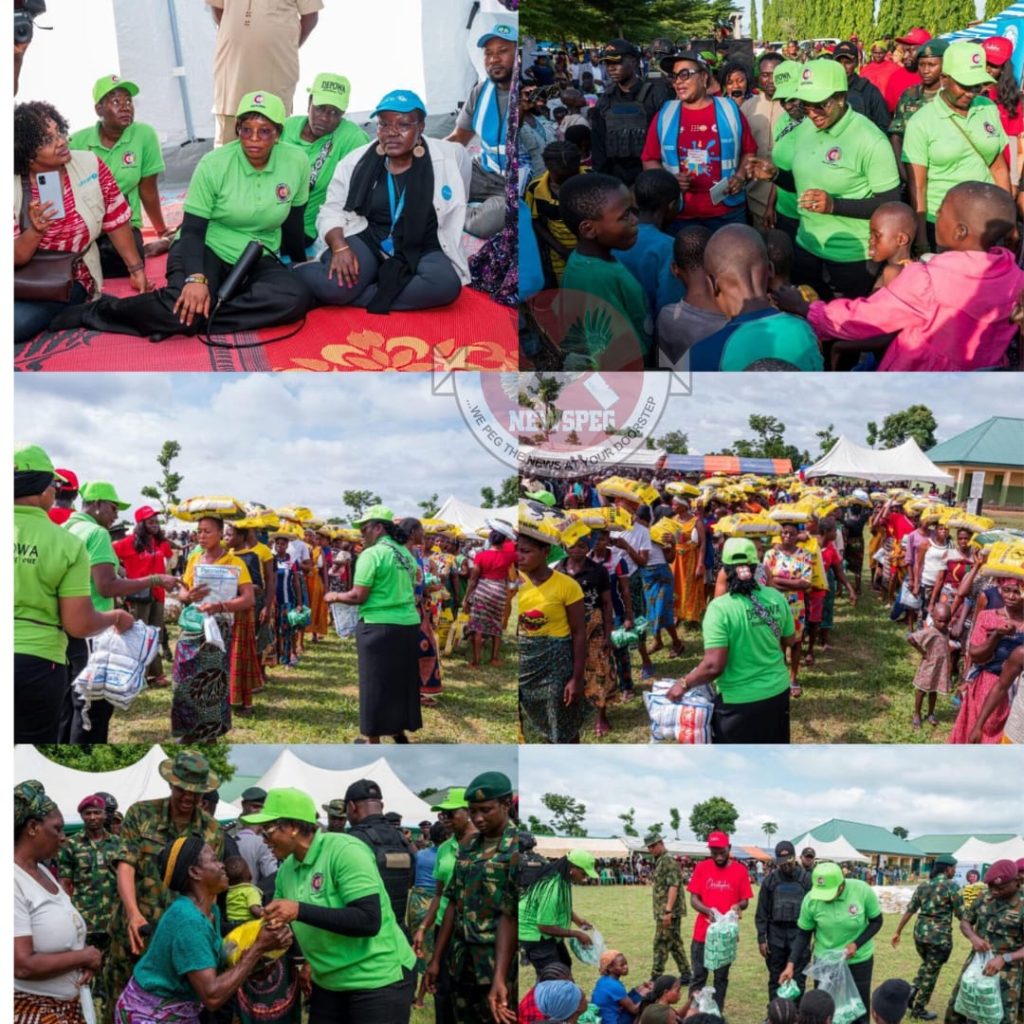
The outreach delivered a multi-layered package of support. Medical personnel conducted free consultations and administered medications for a range of health conditions, ensuring that those without access to hospitals could receive immediate care.
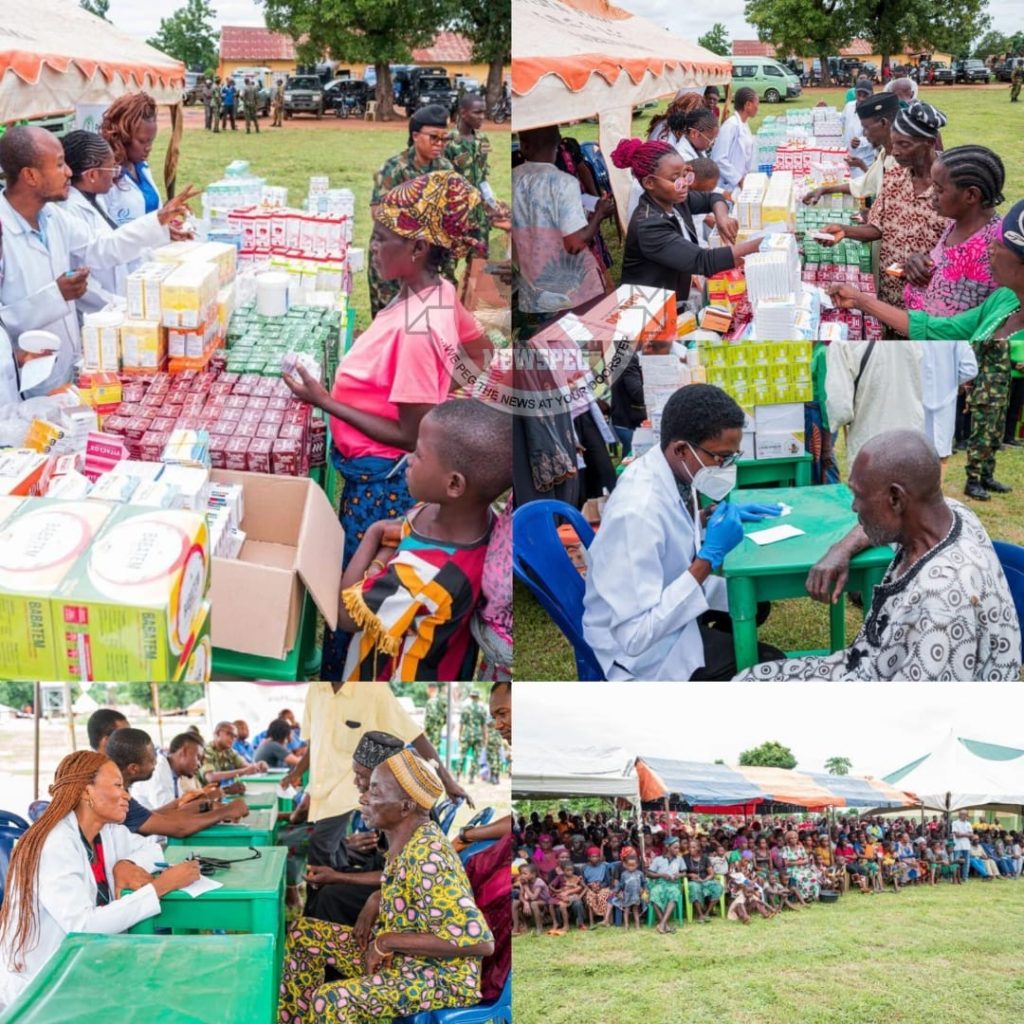
Relief items were distributed generously to help alleviate some of the burdens that displaced families now bear. Among the items provided were bags of rice, garri, mosquito nets, purity packs, fruits, and other essentials, aimed at helping households cope with immediate nutritional and sanitary needs.
From Yelewata, the delegation moved to the Makurdi International Market, which now serves as a makeshift shelter for scores of displaced residents. There, the team extended their humanitarian support to individuals being catered for by United Nations humanitarian agencies. Though international partners provide core services, the presence of DEPOWA and the military offered moral reinforcement and additional layers of local support. Mrs Musa addressed the displaced persons with empathy and compassion, assuring them that their cries had been heard and that the Nigerian military, alongside DEPOWA, was committed to standing by them in this difficult period.
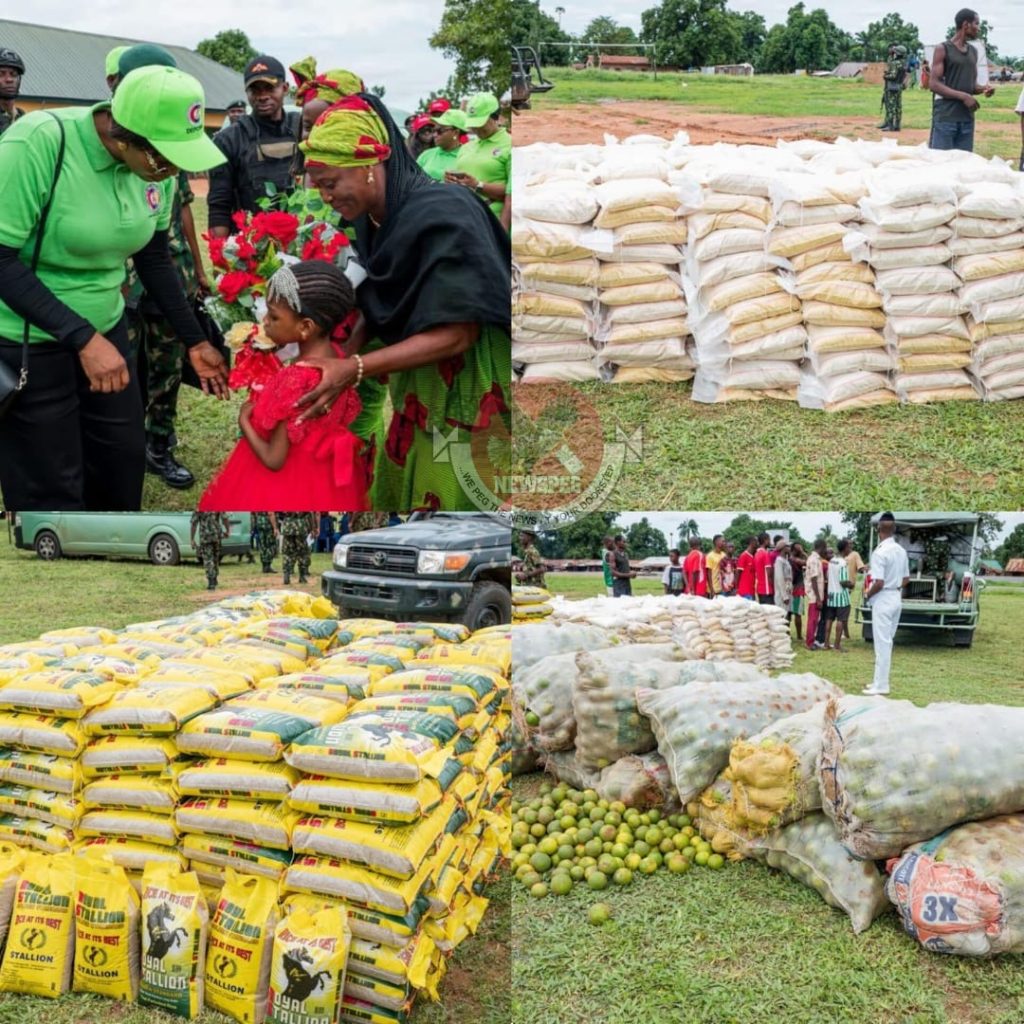
The third stage of the outreach took the team to the Benue State University Teaching Hospital, where several victims of the attacks are currently undergoing treatment. With quiet grace, Mrs Musa moved from bed to bed, speaking words of encouragement to patients and families, while relief materials were also distributed to support their recovery. The visit provided psychological comfort to many, serving as a reminder that even in pain, they are not forgotten.
Speaking during the outreach, Rear Admiral Olusoya Bankole, the Chief of Defence Civil-Military Relations, reaffirmed the commitment of the Armed Forces to the safety and well-being of all Nigerians. He reassured the victims that the military remains devoted to protecting lives and property, and to supporting the healing of communities torn apart by violence. His presence, along with that of officers and men from Headquarters Operation Whirl Stroke, further underscored the seriousness with which the military is approaching the dual task of peace enforcement and humanitarian support.
Also present at the outreach were traditional leaders, heads of humanitarian agencies, and key community figures who lent their voices to the call for peace and healing. The joint presence of military personnel, military families, and humanitarian actors served as a powerful message of unity in the face of tragedy.
The collaborative outreach by the Defence Headquarters and DEPOWA not only brought urgently needed material aid, but also rekindled hope and a sense of shared humanity in communities still reeling from trauma. It marked a clear and compassionate response to human suffering, one that underscored the enduring commitment of both institutions to stand beside those most in need, not only in times of conflict but through the long road to recovery.


